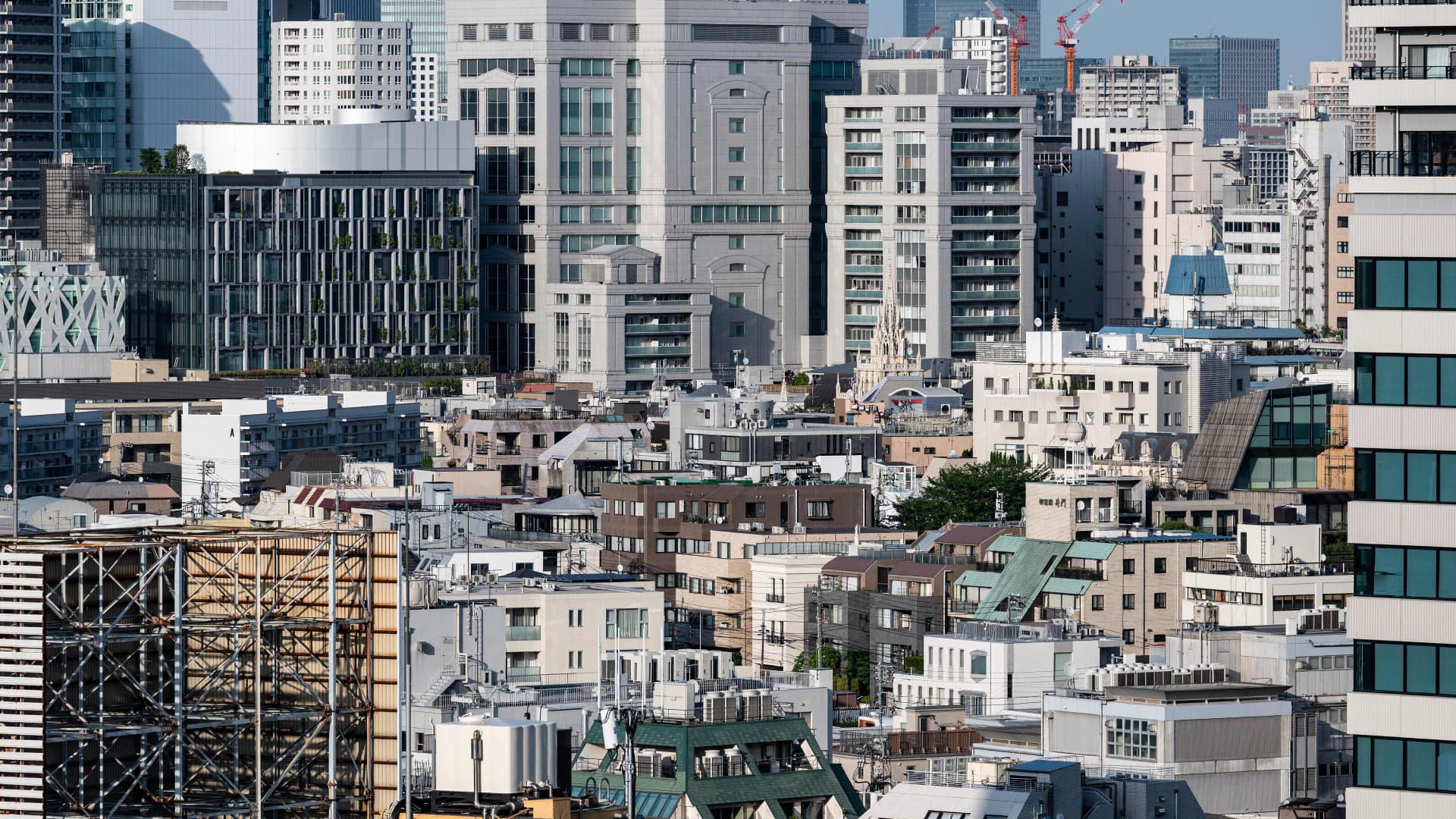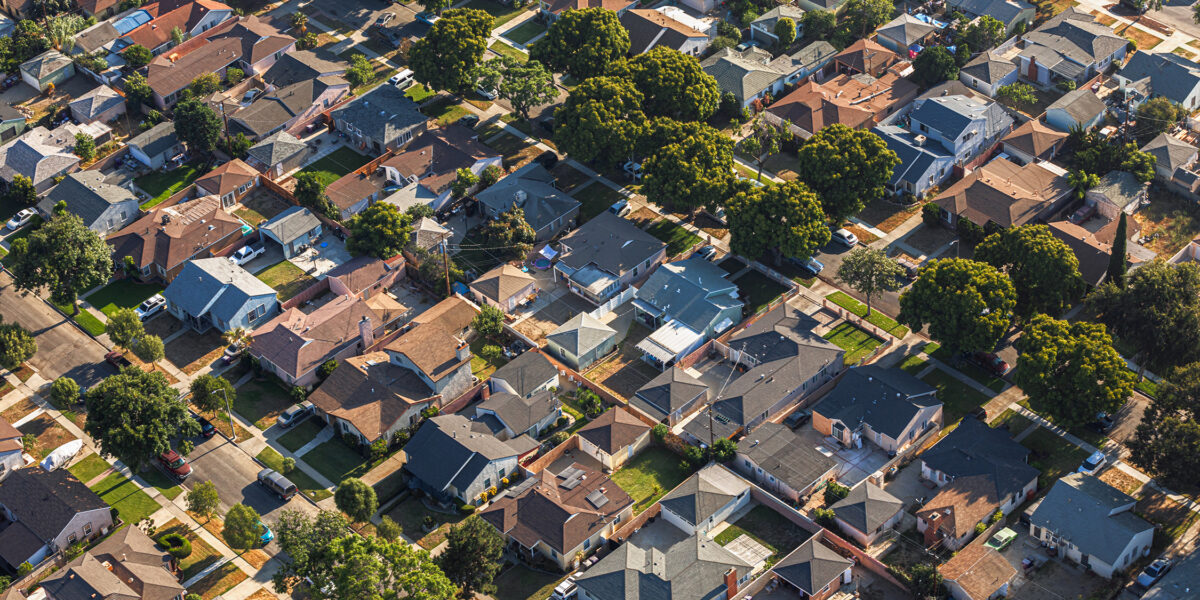I
n Tokyo's Shibuya district, a hub of luxury condominiums and skyscrapers, Japan's urban real estate market is in full swing. The average price of new condos in the 23 municipalities at the heart of Tokyo hit 111.81 million yen ($760,000) in 2024, with the median price rising 9% from the previous year to 89.4 million yen. This surge has far outpaced the 26% rise across the greater Tokyo area.
However, Japan's income levels remain low compared to its developed peers, making affordability a concern. The country ranked 25th among OECD members in terms of average annual wages, at $49,446. Property prices in prime districts have soared due to rising construction and labor costs, as well as a weak yen and low valuations drawing overseas investors.
The urban property boom has sparked debate, with the Democratic Party for the People proposing a bill to curb foreign real estate purchases. The party's leader, Yuichiro Tamaki, argues that home prices in urban areas have surged partly due to overseas investors buying property for speculative purposes. A "vacancy tax" is also being considered to deter such acquisitions.
Meanwhile, Sanseitō, a right-wing populist party, is preparing its own proposal to curb foreign land acquisition but has not specified a timeline. The issue has become increasingly critical in shaping legislative outcomes due to the ruling coalition's lack of majority in both houses of the Diet.
The exact scale of foreign buying is difficult to determine, as Japan does not publish official statistics on buyer nationality. However, a survey found that 20-40% of new apartments in Tokyo's Chiyoda, Shibuya, and Minato wards are typically sold to foreign buyers.
While foreigners are one factor contributing to the property boom, domestic investors and residents are also driving demand. The Bank of Japan has raised interest rates since March last year, but they remain low in real terms, and ample liquidity is still circulating in the market, flowing into urban property.
The outlook for any legislative change depends on Japan's political landscape, which could be reshaped by a new prime minister or shifting coalition dynamics. The salience of the issue is unlikely to fade, but the legislative path is uncertain due to more pressing priorities such as tax cuts and cash handouts.
In contrast to Tokyo's property boom, rural areas face a sharp decline in demand, with about 9 million abandoned homes, known as akiya, primarily located in rural regions. These properties can be purchased cheaply but often require significant renovations and are culturally stigmatized among Japanese buyers. Foreigners, however, have been attracted to these properties due to their lower prices, traditional architecture, and the romance of restoring an old home.
Any potential restrictions on foreign property ownership should focus only on metropolitan markets where competition with locals is fiercest, according to Parker Allen, co-founder of Akiya & Inaka. "The most logical way is to focus on the cities," he said. "If foreign buying is accelerating, it could price some people out of the market — but we're talking here only about the Fifth Avenues of Japan."















